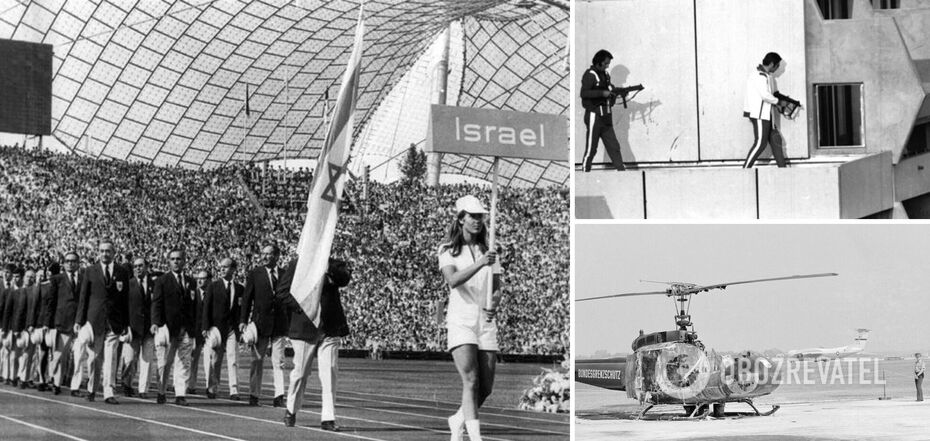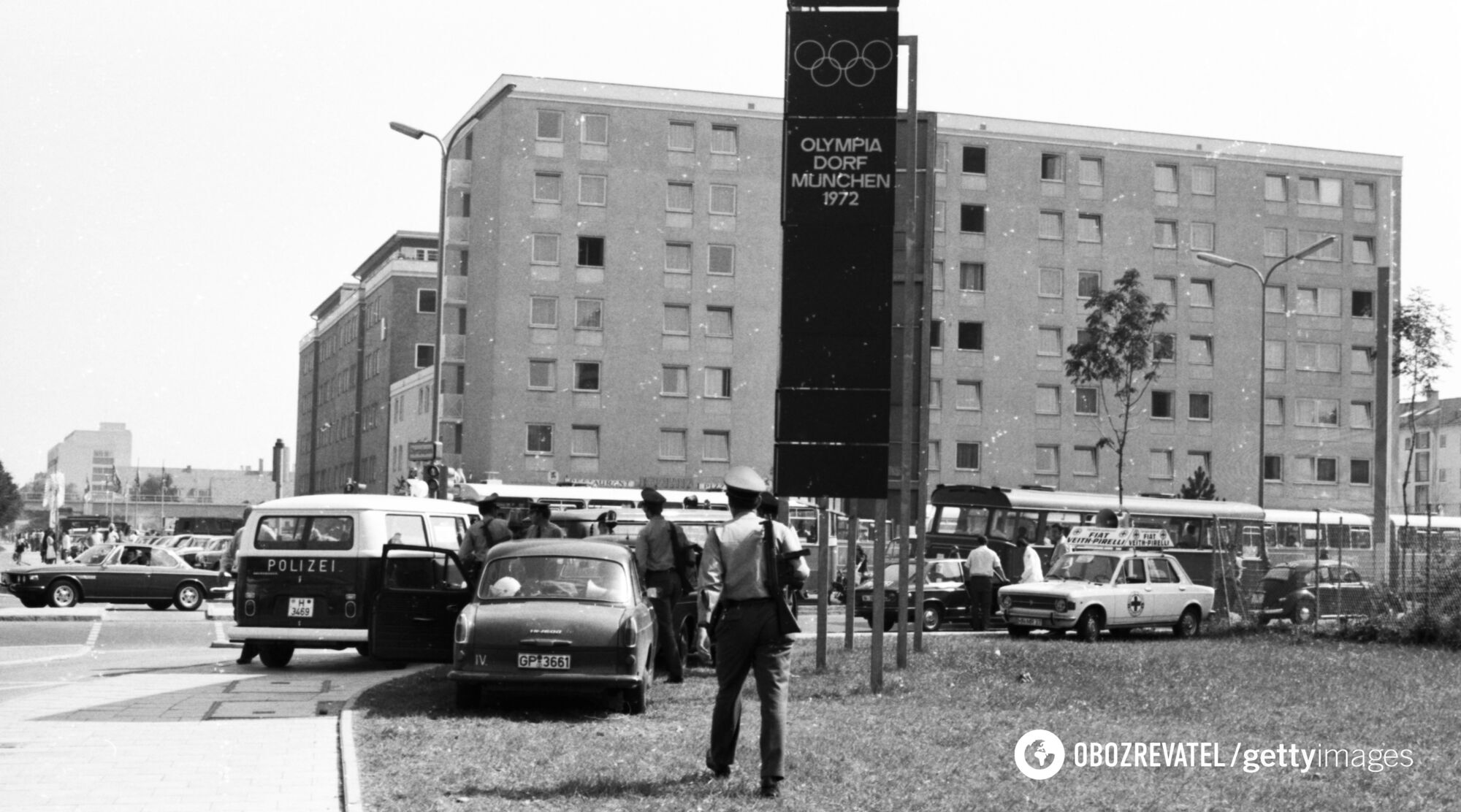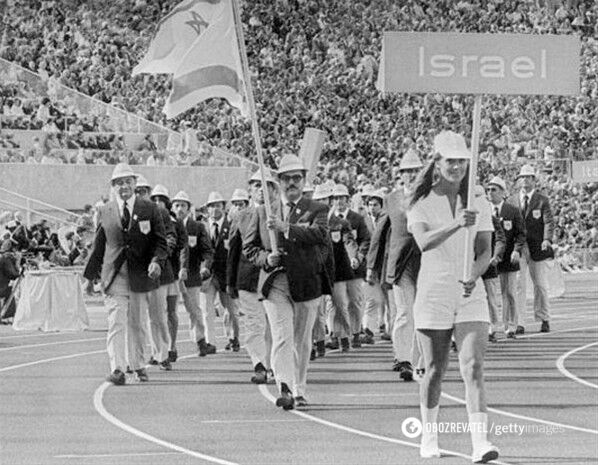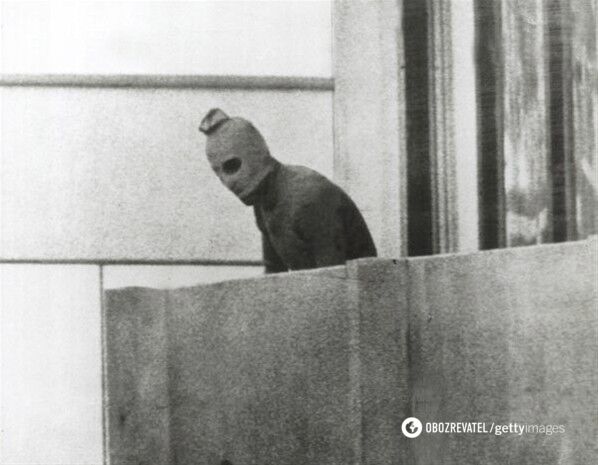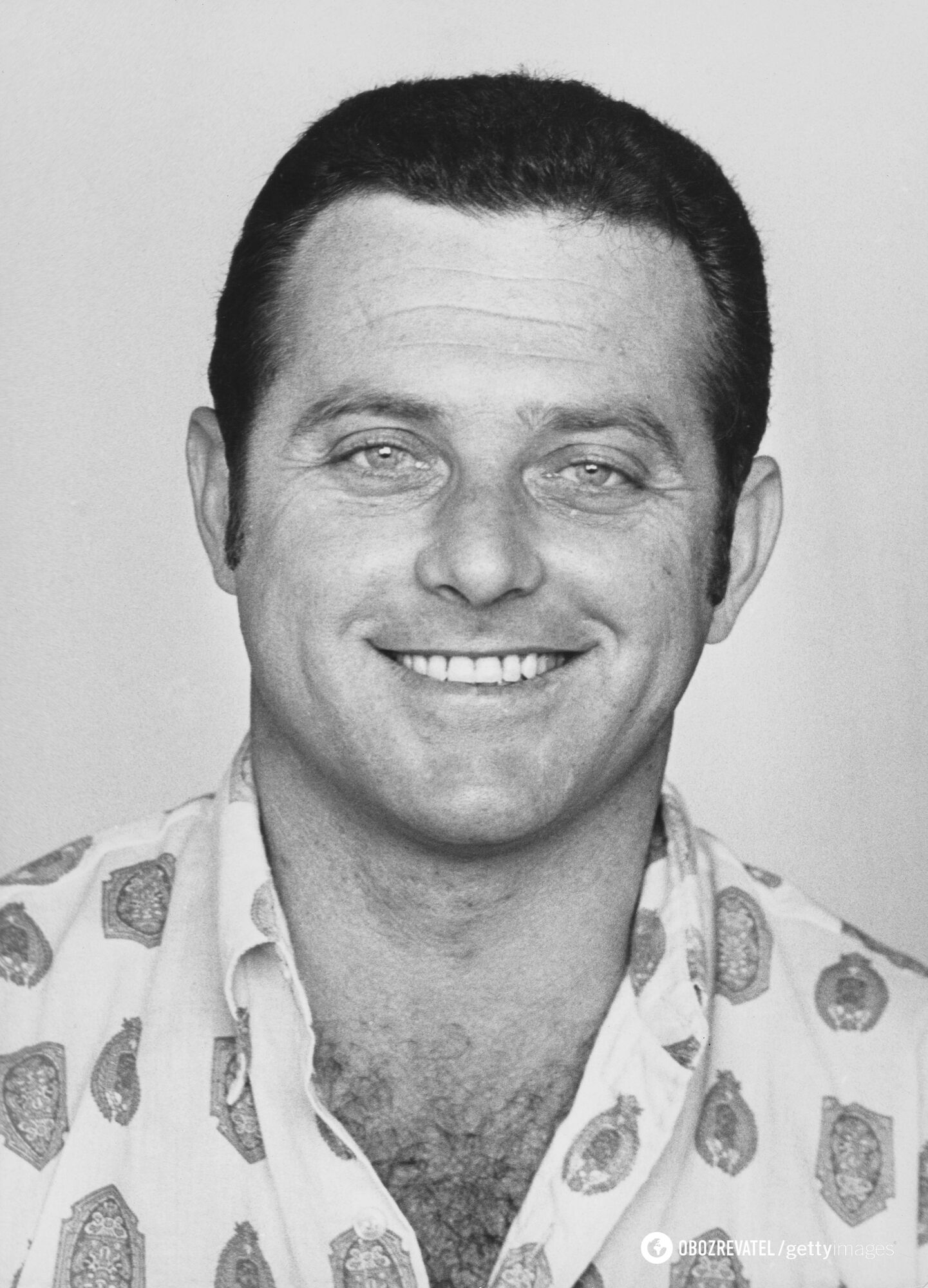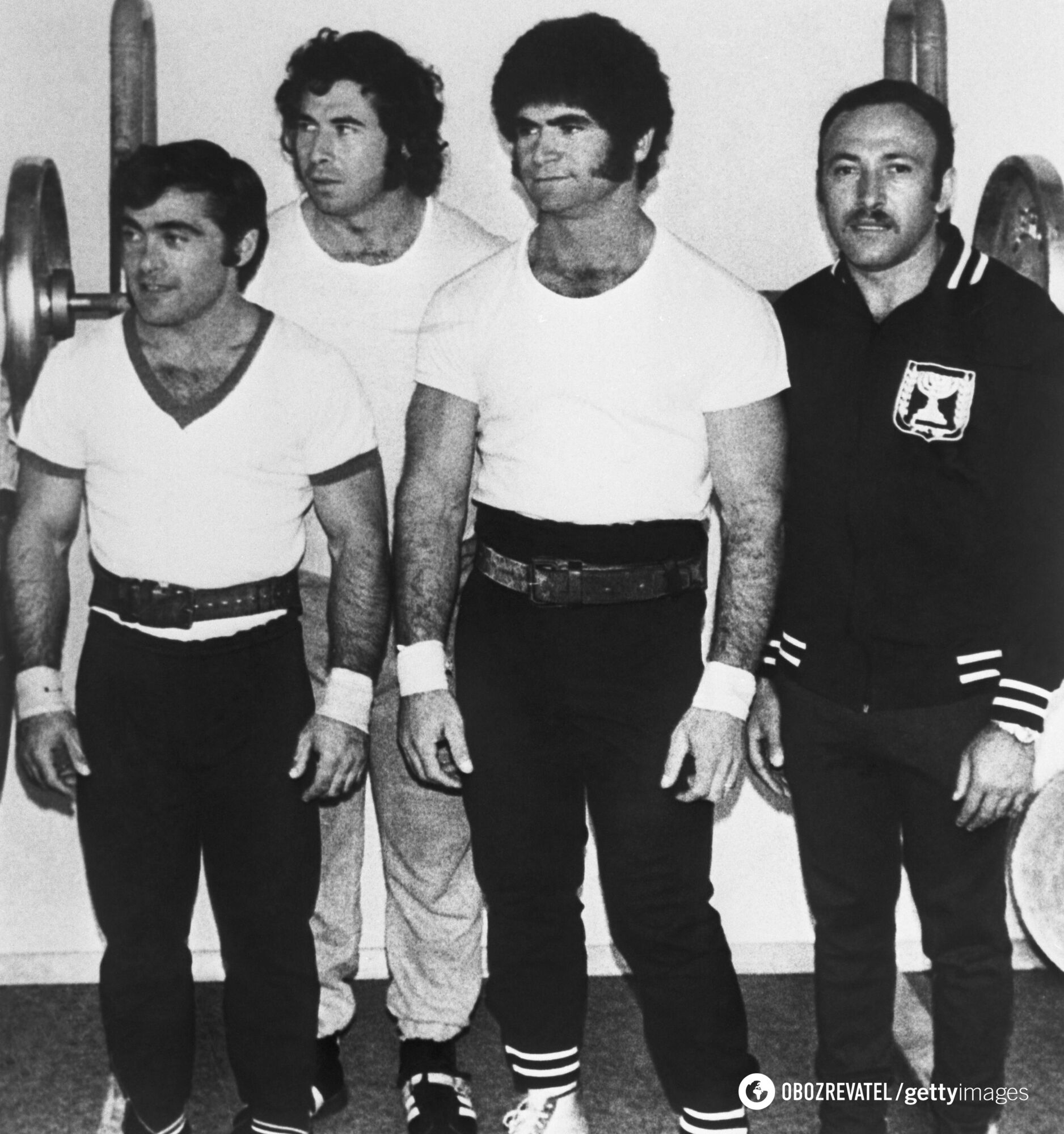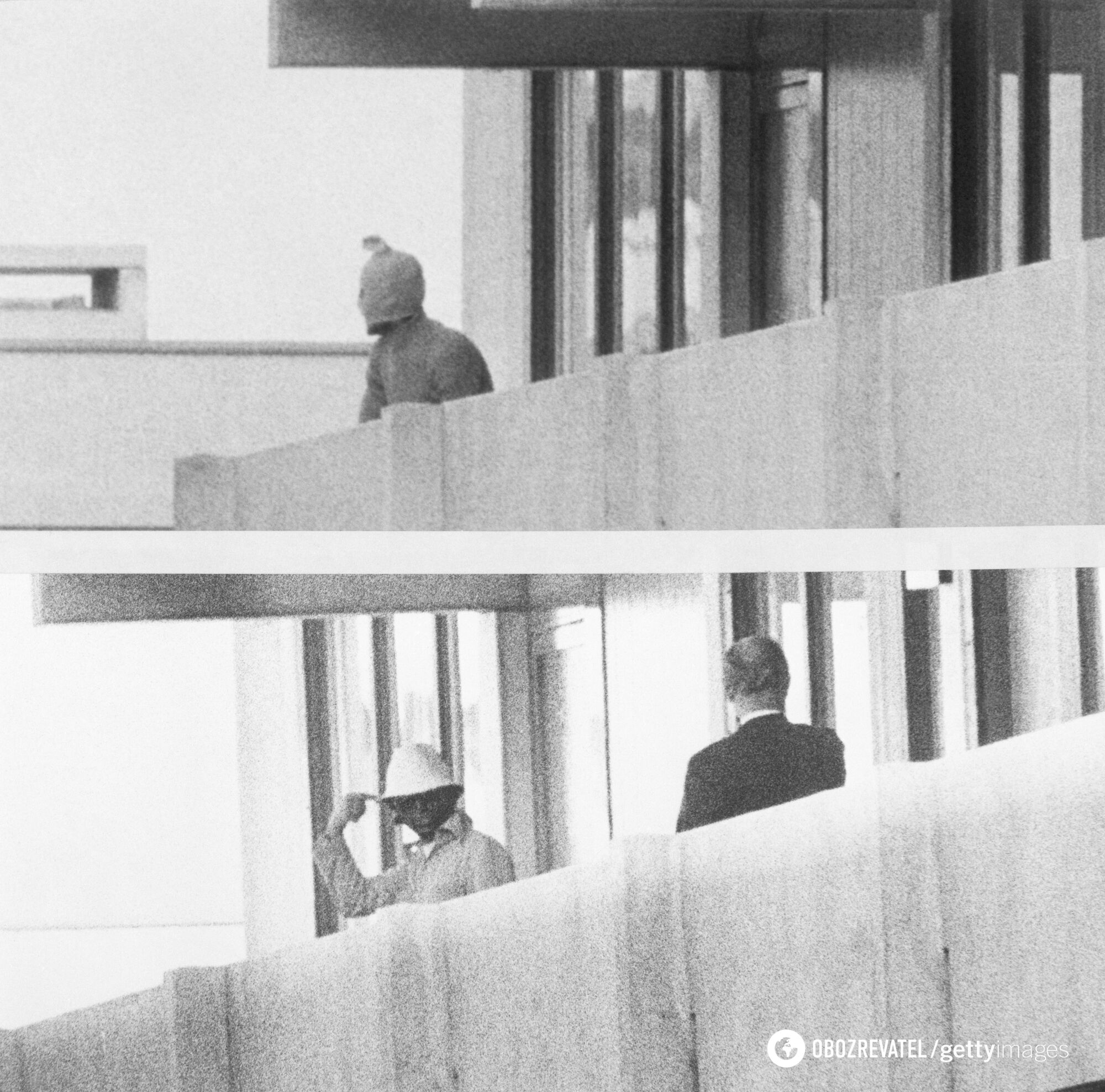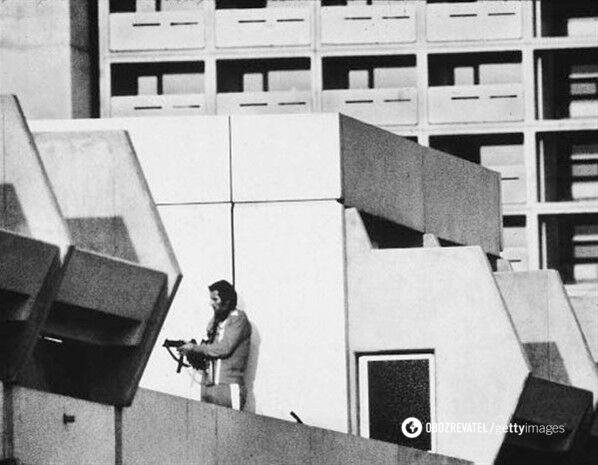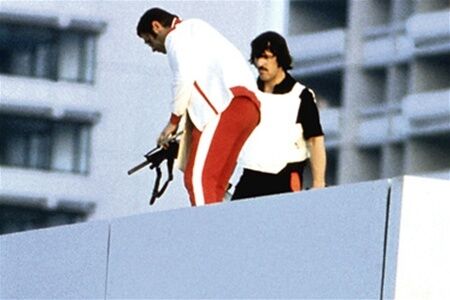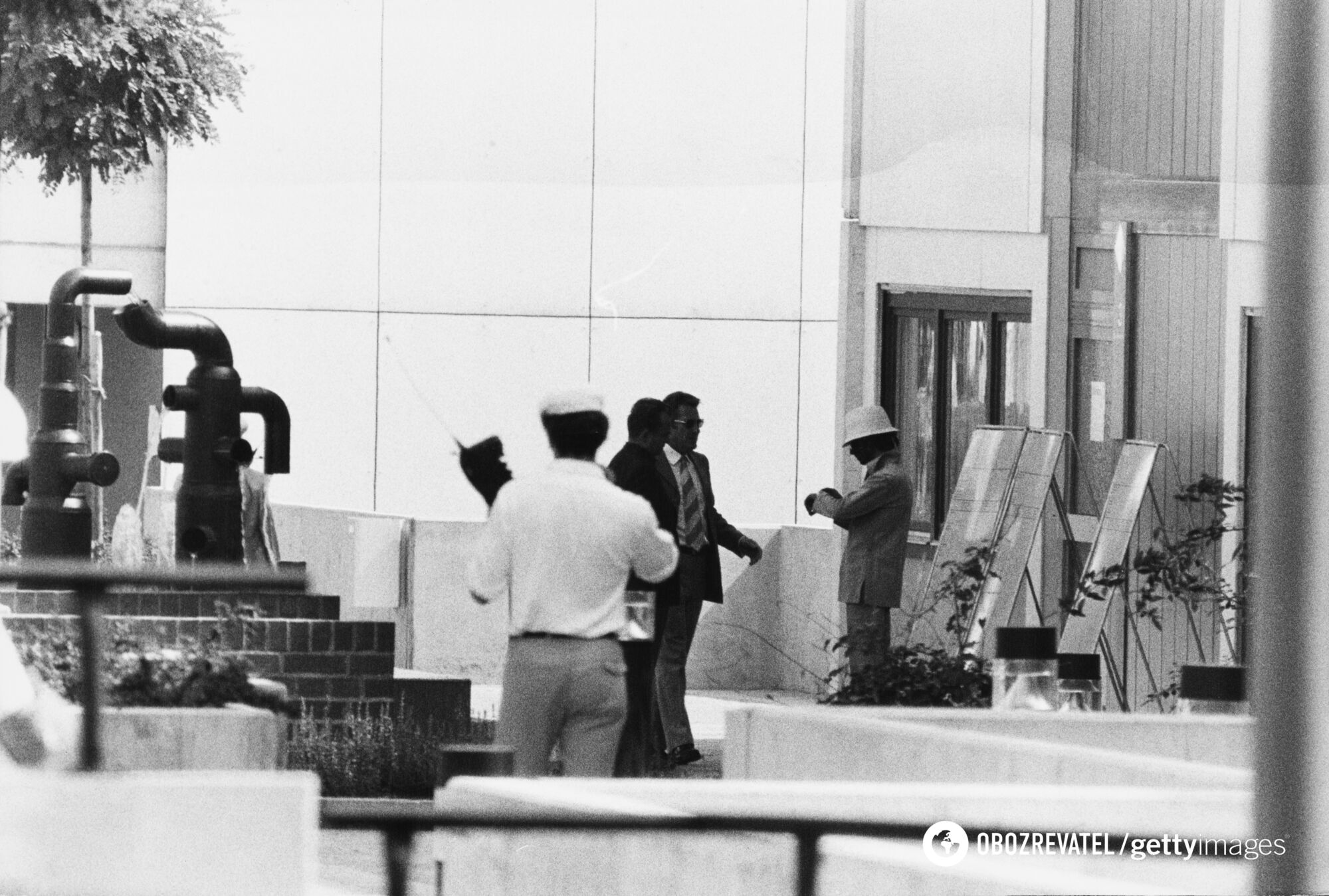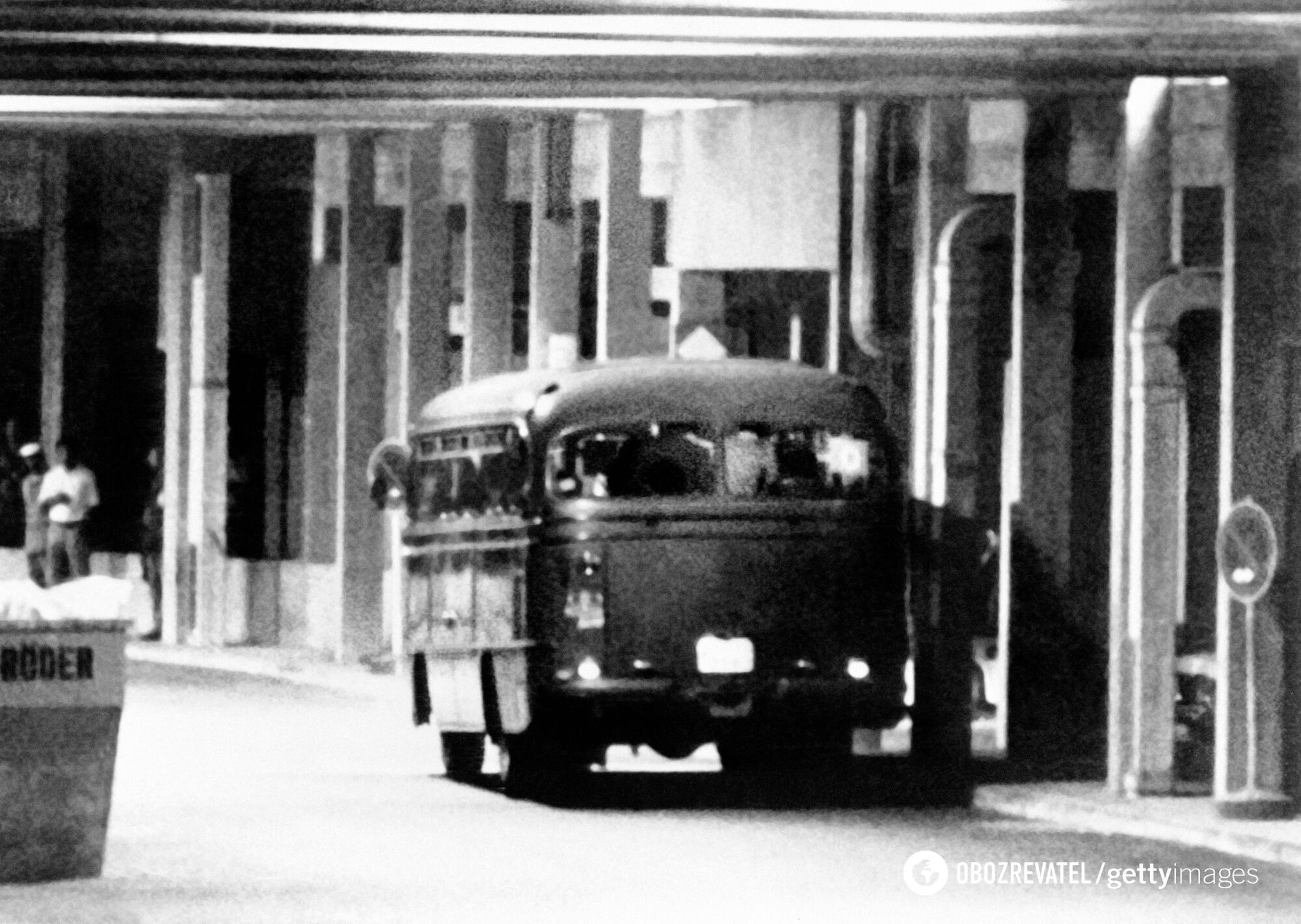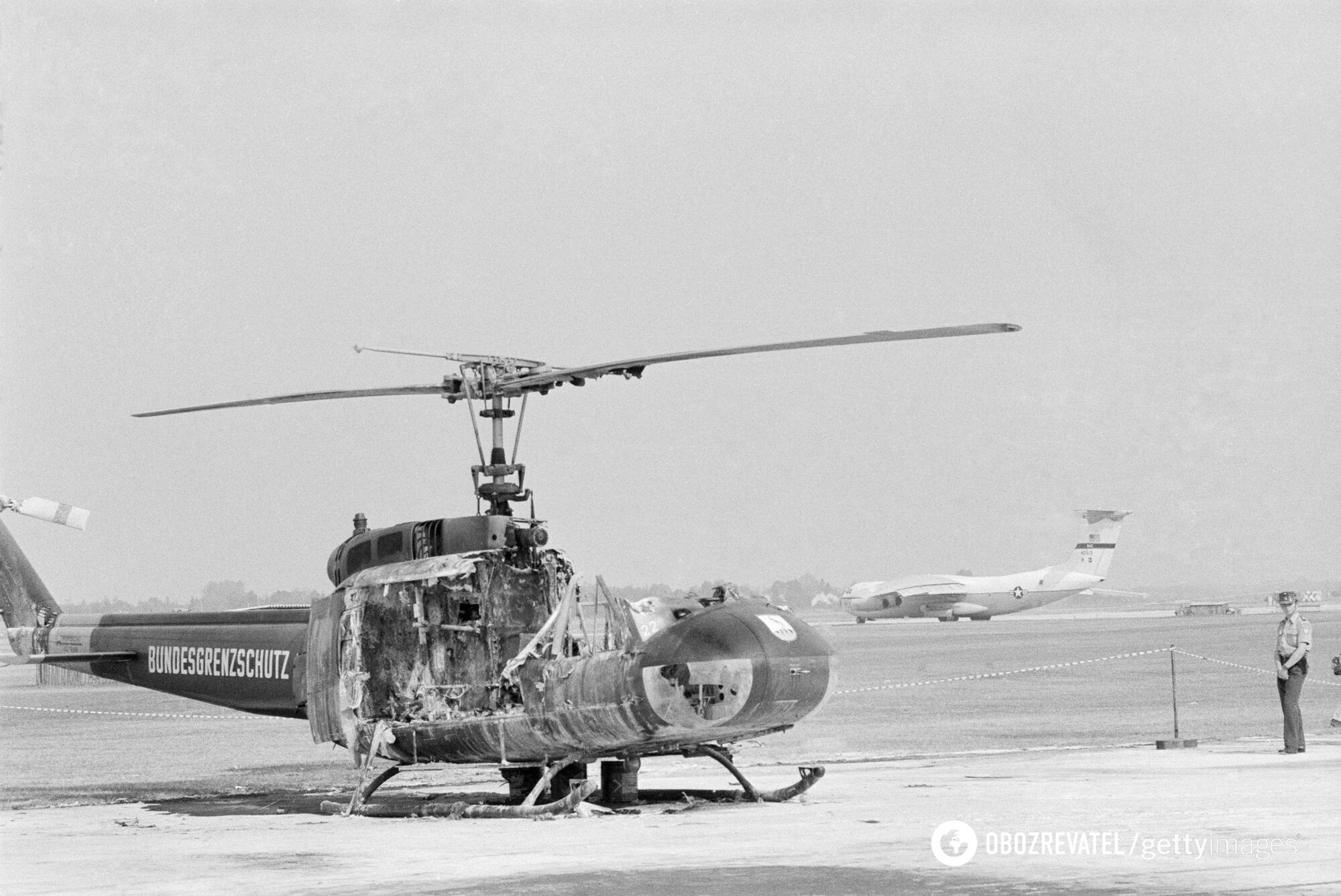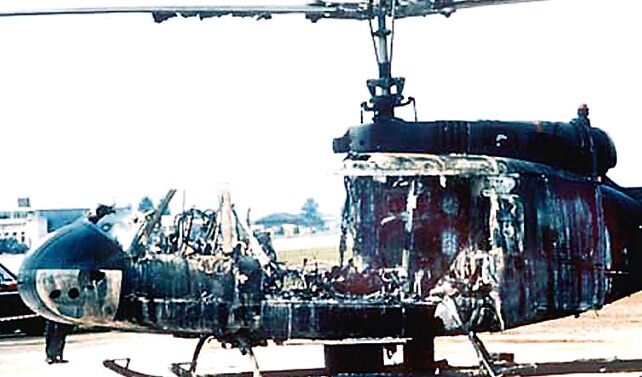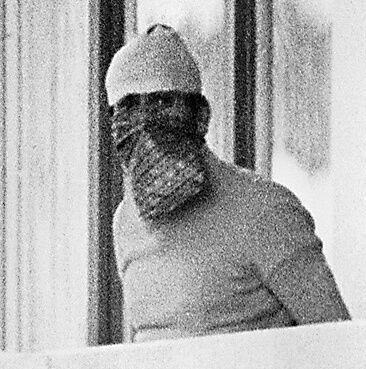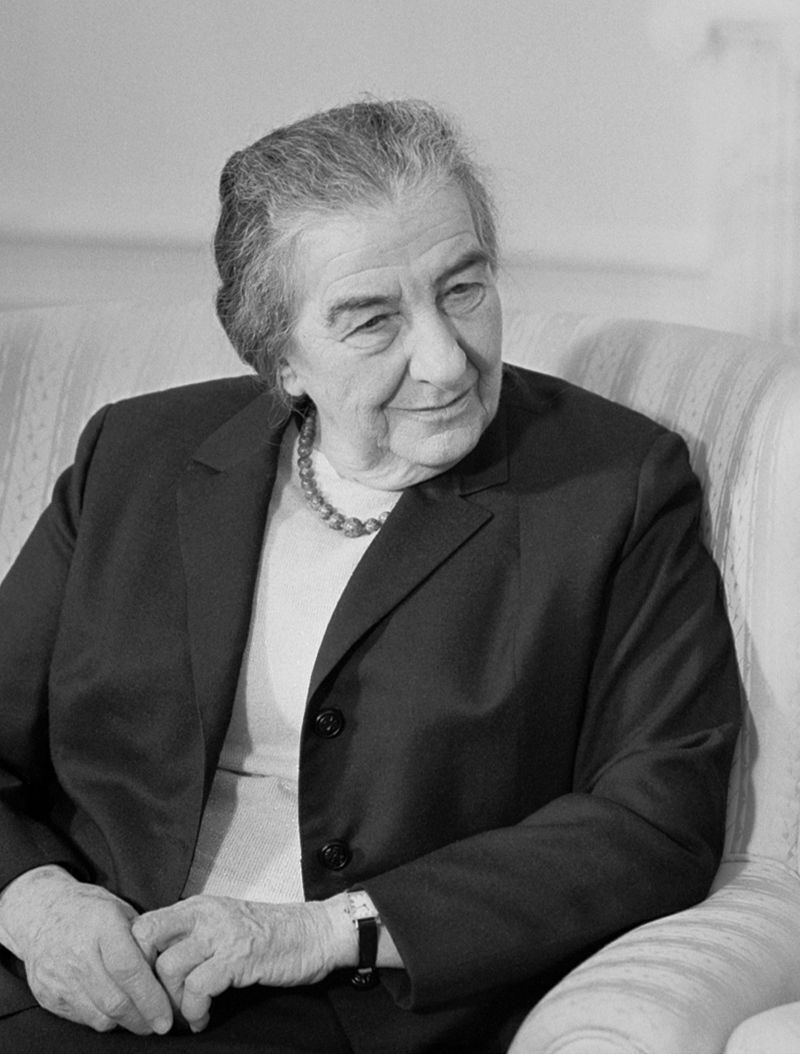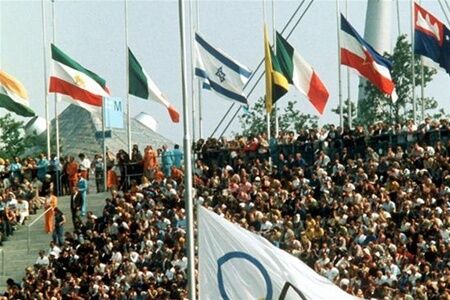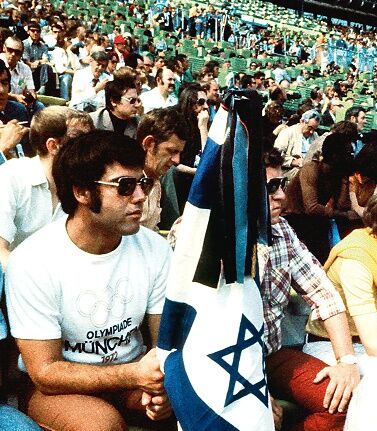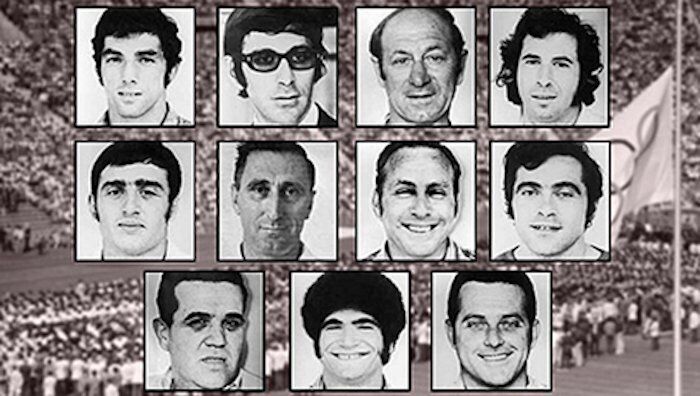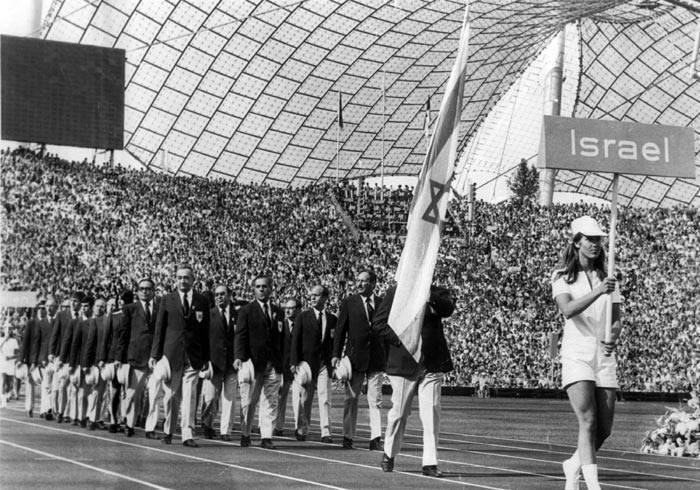Sport
Shooting and blowing up hostages: the terrorist attack at the Munich Olympics that shocked the world
September 5 and 6 of 1972 were the black days in world sports. 51 years ago there was a bloody terrorist attack at the Olympics in Germany, which newspapers called the "Munich Massacre". Due to extremely weak security measures in the Olympic Village and a poorly planned rescue operation, 11 members of the Israeli national team and a policeman became victims of "Black September" Palestinian terrorists.
One of the reasons for the tragedy is considered to be the policy of the German Olympic Committee, which sought to erase all memories of its Nazi past and create an open and friendly atmosphere at the Games. That is why it relaxed the security measures in the village as much as possible. There were no police on the territory, only unarmed guards. Athletes often entered without presenting their passes and some even climbed the flimsy fences around the settlement.
The lack of armed guards bothered the head of its delegation Shmuel Lalkin even before the Israeli national team arrived in Munich. He later admitted that he was surprised when his team was placed in a rather isolated part of the Olympic Village in a small house near the gate. Lalkin considered the place easily vulnerable to outside attack.
The Germans assured the head of the Israeli delegation that they would take special security measures for his team. However, as later events showed, these were only words. Eight armed Palestinian terrorists from the "Black September" group entered the Israeli team's location unhindered on the morning of September 5, five days before the Olympics closed.
As it later became known, the criminals, together with the weapons packed in their duffel bags, simply climbed over the fence. They then used the stolen keys to break into two apartments at 31 Connolly Strasse.
Wrestling referee Josef Gutfreund woke up when he heard the sounds of the door opening and sounded the alarm when he saw armed men in balaclavas. While the referee held the door, his colleague, weightlifting referee Tuvia Sokolsky, managed to break the glass and escape. Wrestling referee Moshe Weinberg tried to fight off the terrorists. Not even a gunshot wound to the cheek stopped him.
Already bleeding out, Weinberg pounced on the terrorists, knocking out one of them and slashing another, winning wrestler Gadi Tzabari time to escape through an underground parking garage. Moshe himself, however, was immediately killed. His body was found near the door of the apartment block 31 complex at 5:00. Munich police officers raised the alarm half an hour later.
Six-Day War veteran weightlifter Yosef Romano, who wounded one of the terrorists, was also killed. The Palestinians castrated the athlete and subjected him to other horrific torture that Romano did not survive.
The terrorists ended up holding nine hostages. In addition to Gutfreund, they captured shooting coach Kehat Shorr, track and field coach Amitzur Shapira, fencing coach Andre Spitzer, weightlifting referee Yaakov Springer, wrestlers Eliezer Halfin and Mark Slavin and weightlifters David Berger and Zeev Friedman.
After taking up defenses in the seized building, the terrorists demanded the release of 234 Palestinians held in Israel, two German radicals and 16 prisoners from Western European prisons and a safe passage to Egypt. They promised to start killing hostages by noon if their demands were not met.
"We kept hearing the ultimatum: If you don't release 200 terrorists from Israeli prisons, every two hours we will kill and dump bodies," recalled Israeli track and field athlete Esther Roth-Shahamorov, who was fortunate enough to be lodged in another part of the Olympic village.
Golda Meir's government refused to fulfill the terrorists' conditions because it served as an incentive for further attacks on Israelis. But German Interior Minister Hans-Dietrich Genscher continued negotiations through the evening, promising to fulfill the Black September conditions.
At 6 p.m., the terrorists demanded a plane to fly with the hostages from Munich-Rome International Airport to Cairo. But negotiators convinced the militants that the Fürstenfeldbruck military airfield would be more convenient, which was supposed to be a plan for a rescue operation there, which then failed. It is still unknown why the Israeli Special Forces refused to take part in the release of the hostages.
FRG Security Forces were not ready for a fight with the terrorists. The Palestinians together with hostages were taken from the village by bus and brought to the airfield by helicopters, where a Boeing 727 was ready to take off. The original plan was to have German policemen dressed as crew members there, but just before the militants arrived, they somehow escaped without alerting the leaders of the operation.
In the end, the snipers had no choice but to open fire on the terrorists on the runway. However, due to poor visibility, a fierce firefight resulted in the deaths of all 9 hostages and a police officer in the control tower. The terrorists managed to shoot the athletes and blow up one of the helicopters with the Olympians, who were tied up and could not escape.
The FRG "rescue" operation killed five militants, three more were arrested. On October 29, they were released after Black September hijacked a Lufthansa plane and demanded the release of the killers. Israel responded to the release of the terrorists with "Spring of Youth" and "Wrath of God" operations, during which the Mossad tracked down and killed two of the released terrorists and some suspected plotters.
Only Abu Daoud, who claimed the hostage-taking was his idea, died a natural death at the age of 73. He said that "the Munich operation had Arafat's approval," although Arafat himself had no part in its preparation. Daoud wrote that Arafat inspired the terrorist group with the words "God bless you" in his autobiography. In an interview with Der Spiegel in 2006 he said, "I have no regrets. Don't even dream that I will apologize".
The surviving members of the Israeli team were asked to return to their rooms and collect the personal belongings of their dead colleagues. On September 6, a memorial service was held at the Olympic Stadium, attended by 80,000 people and 3,000 athletes. The Games continued as if nothing had happened. However, without the Israeli team and some other athletes who could not compete after such a bloody massacre.
"When someone is killed during the party, you're going to leave it. I'm going home," Dutch steiner Jos Hermens said at the time.
A small commemorative plaque had been standing at the site of the hostage-taking in the Olympic Village for a long time. It was not until 2017 that a memorial to the victims of the 1972 Olympics was unveiled near the site. German President Frank-Walter Steinmeier apologized to Israel for the insufficient protection of its athletes only 50 years later. The Germans pledged to pay a total of 28 million euros to the relatives of the dead Olympians.
"The organizers of the next Olympics have learned from the Munich events. Security measures in Montreal in 1976 were unprecedented. Everyone was subjected to a thorough search at the entrance to the Olympic Village. There were security personnel at every turn. And if we went anywhere, our bus was accompanied by two police cars in front and behind, with a helicopter circling overhead. It was nothing like Munich," footballer Volodymyr Onyshchenko recalled.
Earlier OBOZREVATEL shared that the Ukrainian champion fried meat with sheikhs and stuck in the elevator at the Olympics. A famous USSR track and field athlete and coach raised a world record holder and moved to Canada.
Only verified information from us on Telegram Obozrevatel and Viber. Do not fall for fakes!


